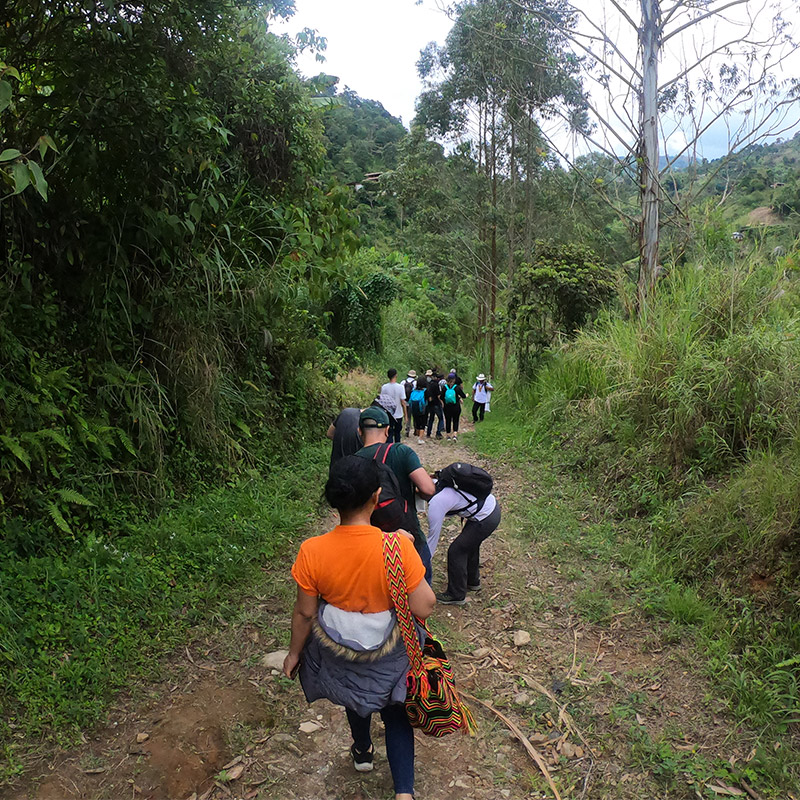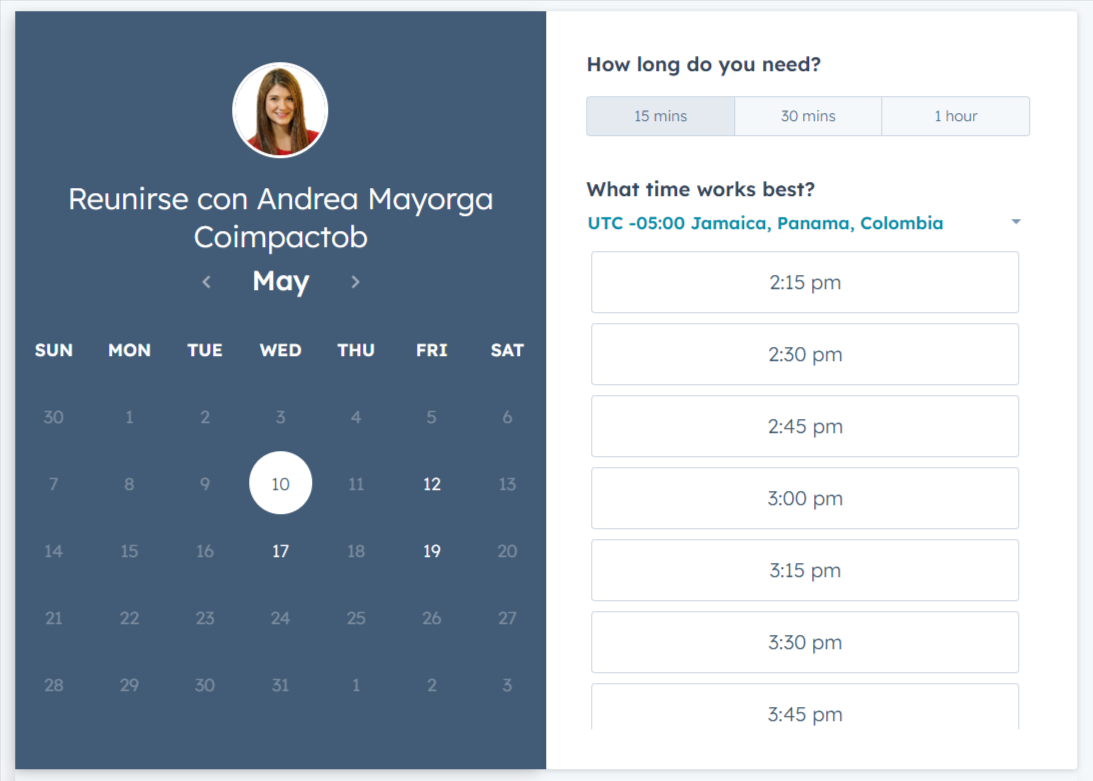Impact measurement and management
Measuring impact can be challenging, which is why we accompany you in this process through our impact measurement and management path adapted to the conditions and contexts of stakeholders:

Step 1. Diagnosis
Identify the status of the project or solution.
Step 2. Definition of the logical framework
Establish the solution's strategic objectives, scope, stakeholders and logical framework through the theory of change, assumptions, risks and impact hypothesis.


Step 3. Development of the measurement framework
Identify and prioritize measurement indicators, establish goals, and design data collection mechanisms, involving stakeholders with technologies suitable for the contexts.
Step 4. Implementation and optimization of the measurement framework
Implement the measurement framework by integrating existing data, collecting new data with pilots and analyzing the information to optimize the process.


Step 5. Impact assessment
Analyze data to monitor results and calculate the social return on investment (SROI).
Step 6. Impact communication
Communicate the learning to the different stakeholders, describing data through stories.

Our goal is for stakeholders to play an active role in measurement. This is why we work on knowledge transfer and capacity building with learning methodologies adapted to different contexts and needs. This allows learnings through the project design, management and reporting.

